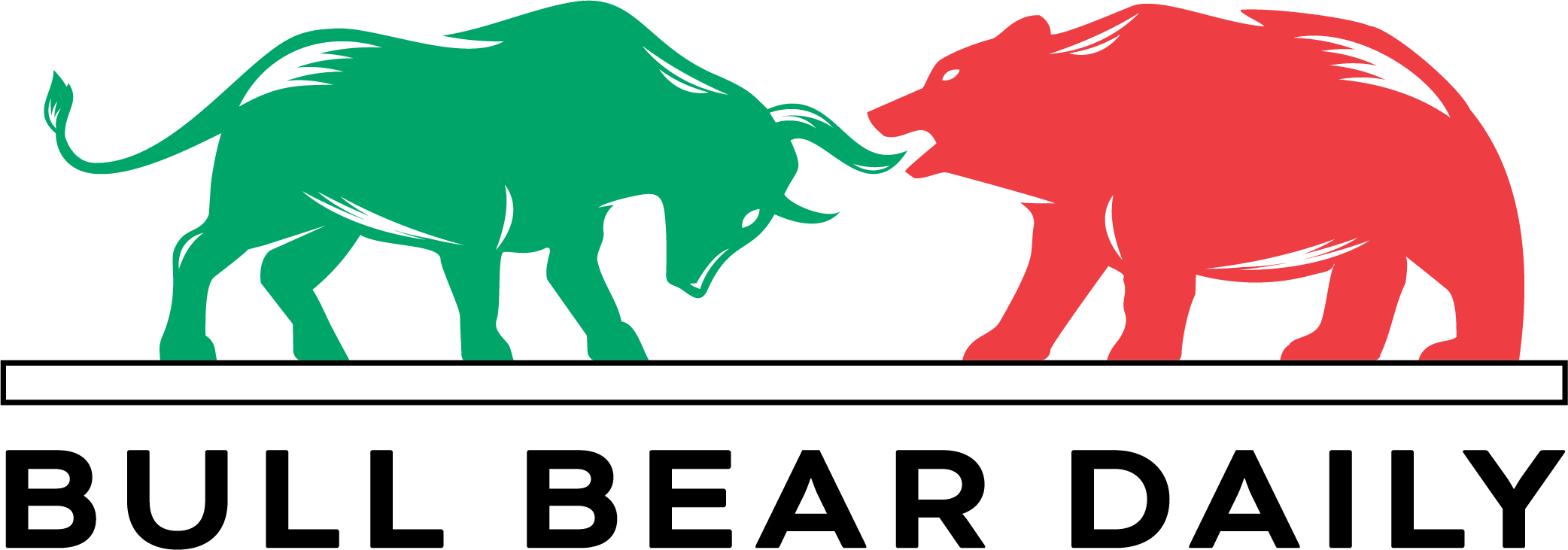(Reuters) -Tesla’s proposed $1 trillion pay package for CEO Elon Musk came under fresh scrutiny on Friday, with proxy adviser ISS urging shareholders to reject what might be the largest-ever compensation plan awarded to a company chief.
This is the second consecutive year that Institutional Shareholder Services has urged investors to reject a compensation plan for Musk. Proxy advisers often sway major institutional investors, including the passive funds that hold large stakes in Tesla.
The ISS recommendation adds pressure on Tesla’s board ahead of a closely watched November 6 shareholder meeting and renews scrutiny of Musk’s compensation after a Delaware court earlier voided his $56 billion pay package.
Musk’s record Tesla pay plan could still hand him tens of billions of dollars even if he falls short of most of its ambitious targets, however, thanks to a structure that rewards partial achievement and soaring share prices.
Last month, Tesla’s board proposed a $1 trillion compensation plan for Musk in what it described as the largest corporate pay package in history, setting ambitious performance targets and aiming to address his push for greater control over the company.
ISS said that while the board’s goal was to retain Musk because of his “track record and vision,” the 2025 pay package “locks in extraordinarily high pay opportunities over the next ten years” and “reduces the board’s ability to meaningfully adjust future pay levels.”
Tesla’s shares rose after the compensation plan was unveiled last month, as investors believe the pay package would incentivize Musk to focus on the company’s strategy.
“Many people come to Tesla to specifically work with Elon, so we recognize that retaining and incentivizing him will, in the long run, help us retain and recruit better talent,” Director Kathleen Wilson-Thompson said in a video posted to Tesla’s X handle on Friday.
Unlike the 2018 pay deal, Musk will be allowed to vote his shares this time, giving him about 13.5% of Tesla’s voting power, according to a securities filing last month. That stake alone could be enough to secure approval.
The proxy adviser cited the “astronomical” size of the proposed grant, design features that could deliver very high payouts for partial goal achievement and potential dilution for existing investors.
ISS “once again completely misses fundamental points of investing and governance”, Tesla said in a separate post on X, while reiterating the call to vote for all proposals.
“It’s easy for ISS to tell others how to vote when they have nothing on the line,” Tesla said.
ISS valued the stock-based award at $104 billion, higher than Tesla’s own estimate of $87.8 billion.
The grant would vest only if Tesla reaches market capitalization milestones up to $8.5 trillion and operational targets including delivery of 20 million vehicles, one million robotaxis and $400 billion in adjusted core earnings.
The proxy adviser’s guidance on Musk’s pay was part of a wider set of voting recommendations issued on Friday.
(Reporting by Akash Sriram in Bengaluru and Juby Babu in Mexico City; Editing by Alan Barona and Pooja Desai)





